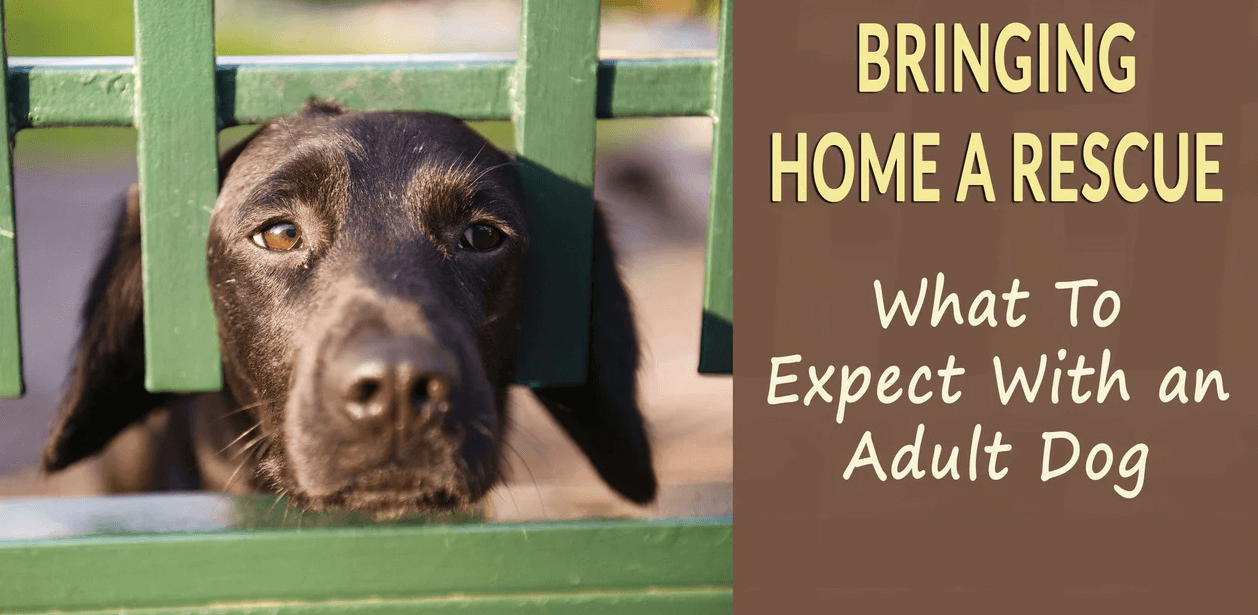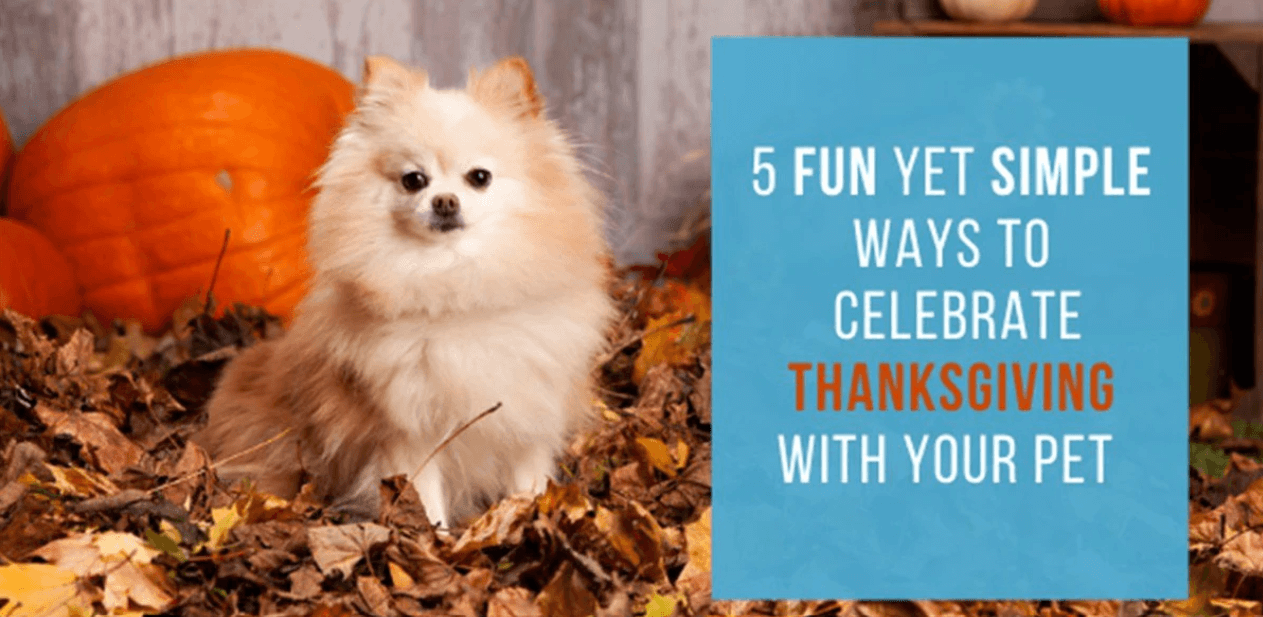So, you’ve decided to rescue an adult dog: good for you! Adult dogs may come with their own unique challenges, but they'll love you just the same as any puppy. And in return, you'll be providing them with a loving home for the years they have left - something that, unfortunately, adult shelter dogs or rescues don't always get. Whether it be from a kennel, your local shelter, or another dog rescue trying to re-home, you’ve made a very respectable and caring decision that will positively impact both you and your new pet's lives for years to come!
Table of Contents
Should You Rescue a Puppy Or an Adult Dog
The average pet parent wants to adopt a cute little puppy and raise them as they grow. That’s great for the adorable puppy, but sadly all too often leaves the ‘not-as-cute’ adult dogs in a bit of a tricky situation. An adult is perhaps more in need of adoption than a puppy, since the chance of being adopted into a loving home continues to dwindle as they age. This is especially true for disabled or rescue dogs, as many people either don't have the time or money to properly provide for an ill dog, or simply don't want to put in the effort of helping a pet with special needs. Many dogs contract kennel cough from the shelter, so be sure to have Breathe Easy for Dogs - Respiratory Support and Kennel Cough Remedy on hand to support your new pup.
Even if the dog is physically healthy, there could still be some behavioral issues that you will need to prepare for when bringing them home. If you are willing and able, adopting an older dog could drastically increase their happiness and quality of life for the rest of their days.

So You've Decided to Adopt...
When going to a shelter, you’ll be confronted with multiple animals to choose from. Which is the best fit for you and your family? Jumping straight into adopting without preparing yourself first might not be good for either party. Here are some questions you will want to ask yourself before making your decision: How experienced are you with dogs? Is this your first rescue, or have you rescued dogs before? Have you studied or are you experienced with animal behavior? How much do you know about the breed you are considering adopting, and are you familiar with that breed’s requirements? Do you have the right temperament and is your home situation ideal for adopting this particular breed? Does the dog interact well with people and other pets? What is the dog's history? If the answers to these questions are compatible to your family and lifestyle, it may be a good time to adopt! When you do, there will be some things you'll need to take into consideration as the new parent of a rescue or adult shelter dog, and be alert to BIGGEST MISTAKES DOG OWNERS MAKE.
Is It Difficult to Rescue An Adult Dog?

Most dogs are highly intelligent animals. With good training, dogs can do anything from advanced agility to opening doors, guiding disabled owners to retrieve phones, and sometimes even dialing 911 to contact emergency services. But having a well trained dog hinges more on the ability of the human trainer than the dog's ability to learn. Unfortunately, many adult dogs were sheltered in the first place because they were either poorly trained, or the owner wasn’t able to properly train them. If you've decided to rescue an adult dog, you might have to devote more time in training your dog. However, with research and devotion, many of your dog’s behavioral issues can be dealt with. Some issues you may notice in your rescue include: Housebreaking/potty-training troubles, aggressive behavior, fear of animals, other pets and people, anxiety (separation anxiety or other types) and trust issues, guarding food, toys, and other resources from other pets, destructive behavior, asocial or poor social behavior, lack of discipline/poor obedience training. Our Peaceful Paws Dog Aggression Management and Noise Phobia Remedy and Pet Relax Dog Anxiety and Calming Relief Formula are products to help your pet keep calm and composed.
1. HOUSEBREAKING/POTTY-TRAINING TROUBLES
Most adult shelter dogs that have had previous owners will likely not have problems with potty-training, but rescue dogs that were strays or homeless for a long time may not have been taught not to pee inside, or have forgotten. In this case, you will have to train them as you would a new puppy. Sometimes peeing in the house may be due to anxiety or fear, which will be talked about below.
2. AGGRESSIVE BEHAVIOR

Unfortunately, aggression towards a new owner in rescue or shelter dogs is a habit the dog developed to cope with an abusive past owner. The only way to help in this case is by being kind and understanding towards the dog, and training the dog that it's good to be kind in return. Give them a treat each time they let you approach them without growling. Aggression towards people and other pets can also be linked to insecurity, trust issues, separation anxiety, and sometimes resource guarding. Our Peaceful Paws Dog Aggression Management and Noise Phobia Remedy is formulated to assist you and your new dog in working through these issues, gently calming the dog's nervous system without making them drowsy.
3. FEAR OF ANIMALS, PETS, OR PEOPLE
Fear and aggression are two sides of the same coin. A fear of people means that at some point in their life, the dog was hurt or neglected by a person and now doesn't trust anyone to not do the same. A fear of animals or other pets has more variable causes, but is usually due to bullying as a puppy. The only antidote to a fear of people is consistent kindness. As with aggression, being kind and patient towards your dog will show them that you mean no harm, and will hopefully calm them down. To help with a fear of animals, try exposing trusted other pets (e.g. the neighbor's pets, or your other household pets) to the dog for a short time in a calming environment and see how they react. You can give them a calming remedy before exposure to help smooth over the interaction. If it goes well, increase the exposure time until they're both comfortable with each other, and over time this can help reduce fear of all pets.
4. ANXIETY AND TRUST ISSUES
Anxiety and trust issues are found most often in dogs who have had bad experiences with past owners or humans in general, and they can manifest in various ways, including aggression and fear directed at people and animals (as discussed above), as well as a fear or sudden movements or loud noises and hesitation towards accepting food. To help a dog get over trust issues, you need to respect their boundaries (for example, leave them alone for a while when they growl at you) and create a safe space to let them come to you. Initially, there may be some bumps in the road, but with patience and kindness, your dog will come around and start to feel safe with you. Additionally, separation anxiety sometimes appears in dogs who were neglected or left at the shelter by a previous owner. Separation anxiety is not something that disappears overnight, or even within a month, but you can try reducing their stress at first by giving them our Pet Relax Dog Anxiety and Calming Relief Formula, leaving them their favorite toys, and playing soothing music or putting the radio on when you have to go away. In the long run, you will just have to consistently show them that you won't leave them and hopefully they will realize that they are safe and secure now that they're in your care.
5. RESOURCE GUARDING

Your rescue or shelter dog may have had to protect toys, food, or other resources from other dogs, and so now believes that anyone and everyone could try to steal from them. If you have other pets, they might be aggressive towards them or they will constantly guard their food bowl or crate (if they keep toys there) from you or other pets. A temporary solution may be to feed them in a separate room or to keep their toys in a room only they are allowed in. In the long run, you will need to train the dog to realize that having people or pets near their resources is good.
6. DESTRUCTIVE BEHAVIOR
Destructive behavior is most commonly a symptom of separation anxiety. Without healthy ways to calm down, dogs who haven't been trained properly may destroy furniture and other objects to release energy. There are three ways to stop this behavior: give the dog things to destroy that are less valuable or were made to be destroyed; train the dog to stop destructive behavior, or calm them down with Pet Relax natural remedy.
7. ASOCIAL OR POOR SOCIAL BEHAVIOR
Asocial behavior (or shyness) and poor social behavior in dogs are the product of poor socialization from a previous owner. If your shelter dog hides from or barks at other dogs, their previous owner may have pushed them into scary situations with unfamiliar dogs or was overprotective and stopped them from socializing as a puppy. Sometimes shyness is due to fear, which is discussed above, but if your new dog simply doesn't know how to interact with other dogs, you will need to train them like you would a puppy.
8. LACK OF DISCIPLINE/OBEDIENCE TRAINING
Similar to an asocial behavior issue, many dogs who lack discipline were not properly trained (or not trained at all, if they were strays) as puppies. They do not know what behaviors are acceptable or not, so you will have to teach them. Be sure to use mainly positive reinforcement training and to respect your dog's boundaries so as to not scare them or trigger other behavioral issues. Additionally, some dogs purposefully disobey commands due to a lack of trust in people, which you will have to slowly regain as discussed above.

Is It Worth It?
Despite the difficulties you may have to deal with at first when taking steps to rescue an adult dog, getting an adult or shelter dog can be a great new adventure for you and your family. Love, patience, and planning are important in making your new pup feel at home. Put these SIMPLE STEPS TO A HAPPIER AND HEALTHIER DOG IN ONE MONTH into action. All dogs, rescues or not, have lots of love to give and are a wonderful addition to your home. The bonds you’ll form and memories you will create will lead to a fantastic new chapter in your life.
If you have added a dog 7+ years old, also check out 11 FUN THINGS TO DO WITH A SENIOR DOG and 10 TIPS TO KEEP YOUR SENIOR DOG HAPPY AND HEALTHY.



